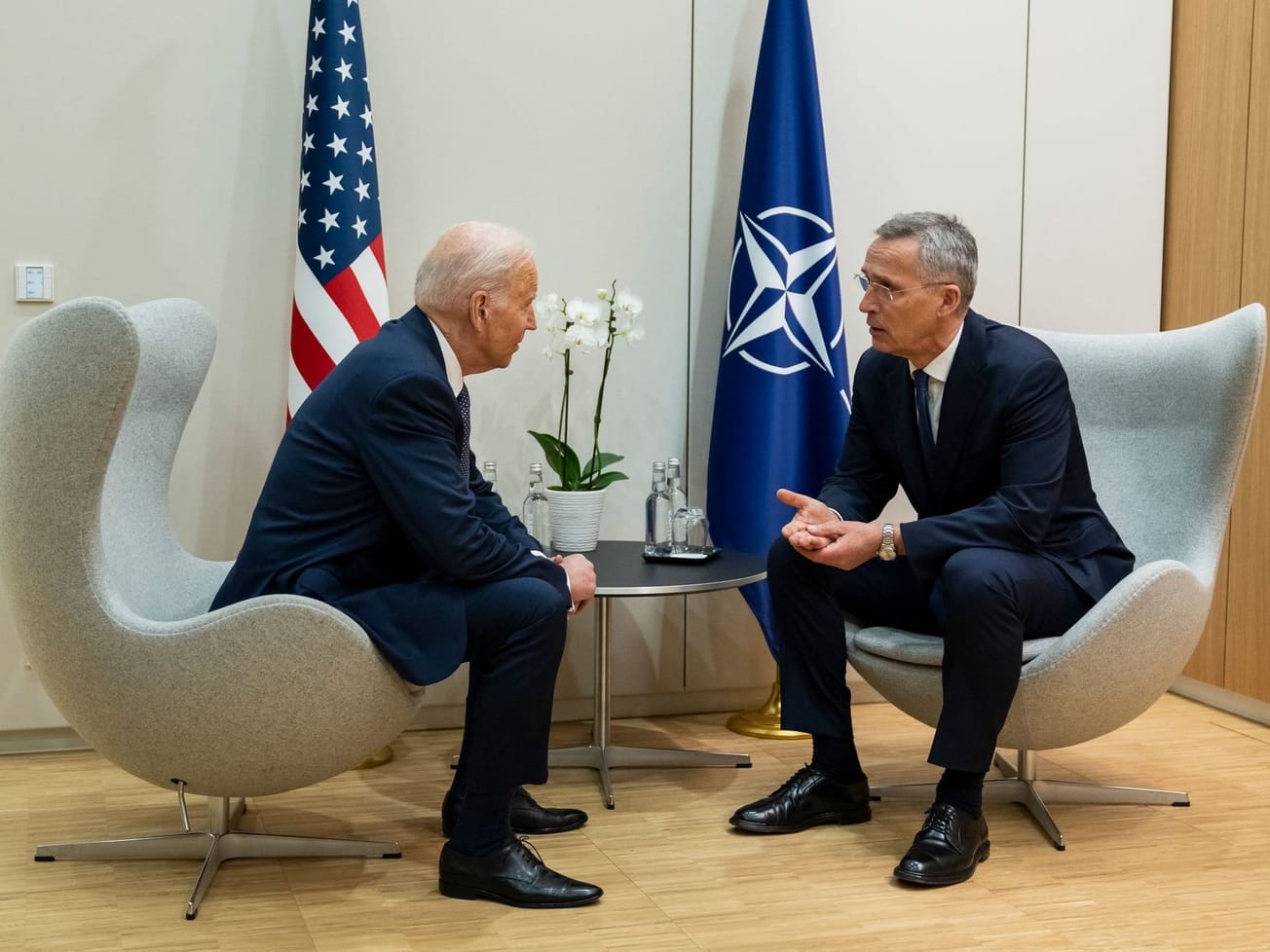NATO defense ministers began meeting to prepare for a July summit where a key question will be Secretary-General Jens Stoltenberg's replacement.
The two-day meeting that runs through Friday at NATO's headquarters in Brussels focuses on the military alliance's regional deterrence and defense plans and long-term support for Ukraine in its war to repel Russia's invasion.









